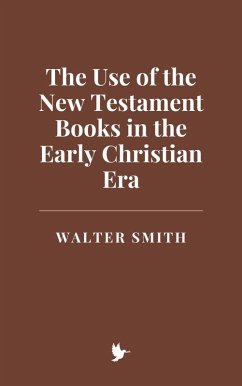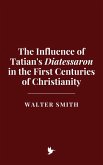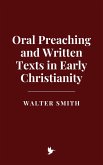The book delves into the ways in which the New Testament was interpreted, preserved, and disseminated by key figures and movements, such as the Church Fathers, the early ecumenical councils, and the monastic communities that helped safeguard the text through times of political upheaval and societal change. It explores the relationship between the Church and the New Testament, from its centrality in liturgical practice to the authority of scripture in shaping Christian belief and behavior.
Further, it highlights the profound influence of the New Testament on key moments in Christian history, including the rise of the Papacy, the establishment of the Christian canon, the challenges of heretical movements, and the eventual transformation of Christianity during the Reformation. As the New Testament evolved in its role and understanding within the Church, so too did Christian identity itself, with the scriptures remaining at the core of theological reflection and ecclesiastical practice.
By examining both the doctrinal and historical dimensions of the New Testament's influence, this book provides a thorough investigation of its role as a living text that has shaped the course of Christian history for over two millennia, guiding the faithful, defining orthodoxy, and sparking moments of theological and cultural revolution. Through this work, readers gain a deeper appreciation of how the New Testament has been preserved, interpreted, and lived, ensuring its continued relevance in the lives of Christians across the world
Dieser Download kann aus rechtlichen Gründen nur mit Rechnungsadresse in A, B, CY, CZ, D, DK, EW, E, FIN, F, GR, H, IRL, I, LT, L, LR, M, NL, PL, P, R, S, SLO, SK ausgeliefert werden.









